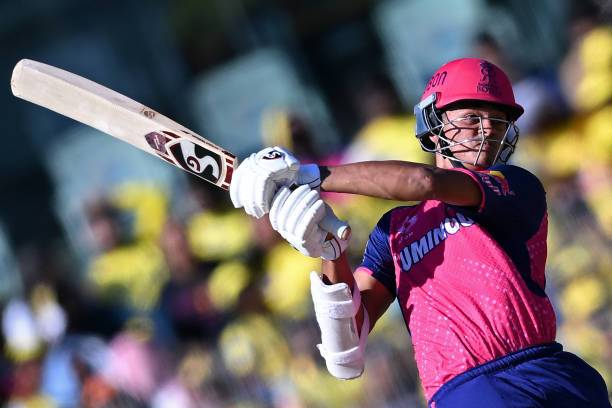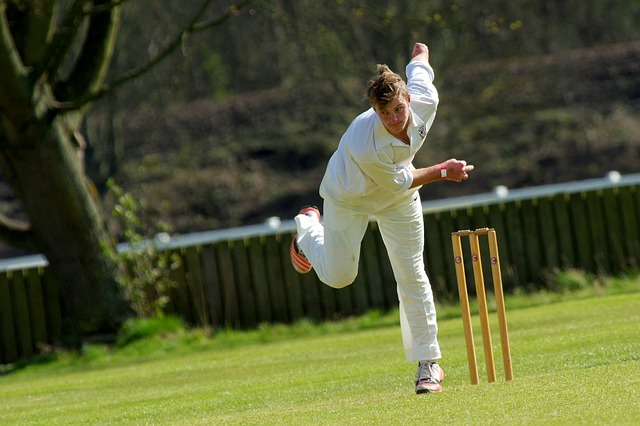The Psychology of Cricket Fan Behavior
Play99exch, Laser247:Cricket, as a sport, has a unique ability to evoke strong emotions and create deep connections with its fans. The game transcends boundaries and brings people together, united in their love for the sport. Whether it’s the excitement of a close match or the disappointment of a loss, cricket has a way of eliciting powerful feelings from its followers.
Fans invest not just their time but also their emotions into the game, forming a strong bond with their favorite teams and players. The highs and lows of cricket matches can greatly impact the mood and emotions of fans, creating a sense of shared experiences and camaraderie among them. This emotional connection often goes beyond just a love for the game; it becomes a part of fans’ identities and a source of joy and fulfillment in their lives.
The Influence of Social Identity on Fan Behavior
Social identity plays a significant role in shaping fan behavior within the realm of cricket. Fans often derive a sense of belonging, connection, and pride from their affiliation with a particular team or player. This connection to a specific cricketing identity influences how fans engage with the sport, whether it be through attending matches, purchasing merchandise, or engaging in discussions with fellow fans.
Moreover, social identity can have a profound impact on how fans perceive their team’s successes and failures. When their team triumphs, fans often experience a boost in self-esteem and pride due to their association with that particular social group. Conversely, losses or poor performances by the team can lead to feelings of disappointment or frustration among fans, as their social identity is intertwined with the success of the team they support.
The Role of Group Dynamics in Fan Behavior
Fans engaging in group dynamics during cricket matches experience a sense of belonging and unity. Whether it’s cheering for their favorite team or discussing strategies among fellow fans, being part of a group enhances the overall experience. This collective support creates a shared identity among fans, fostering a deep emotional connection to the sport and the team they support.
Group dynamics also play a crucial role in shaping fan behavior during cricket matches. The behavior of an individual fan is often influenced by the actions and reactions of the group. This can lead to heightened emotions, increased energy, and a sense of camaraderie that intensifies the overall atmosphere of the game. As fans interact and engage with one another, they establish social norms and rituals that further strengthen their bond with the sport and each other.
How does group dynamics impact fan behavior in cricket?
Group dynamics play a significant role in influencing fan behavior in cricket matches. Fans tend to feed off the energy and emotions of others in their group, leading to collective celebrations or frustrations during the game.
Why do fans feel such a strong emotional connection to cricket?
Fans often have a deep emotional connection to cricket due to factors such as personal identification with the team, social bonding with fellow fans, and the sense of belonging to a larger community of supporters.
How does social identity affect fan behavior in cricket?
Social identity plays a major role in shaping fan behavior in cricket. Fans often align themselves with a particular team or player based on shared values, beliefs, and cultural backgrounds, which can influence their behavior during matches.
What are some examples of group dynamics influencing fan behavior in cricket?
Examples of group dynamics impacting fan behavior in cricket include fans chanting together, waving team flags, wearing team colors, and engaging in synchronized cheers or chants to show support for their team.







